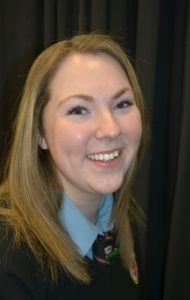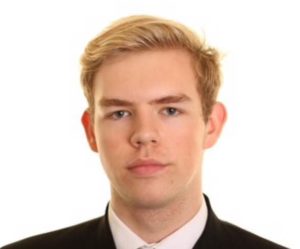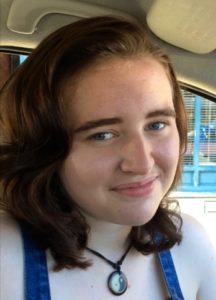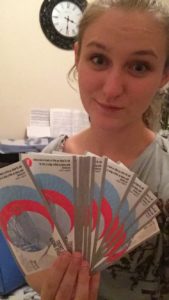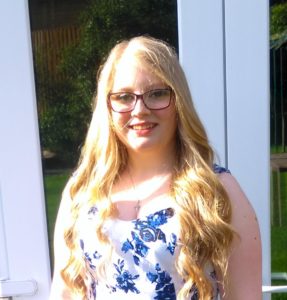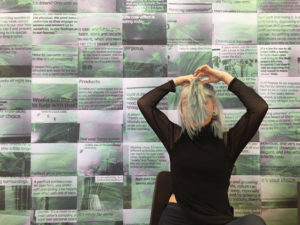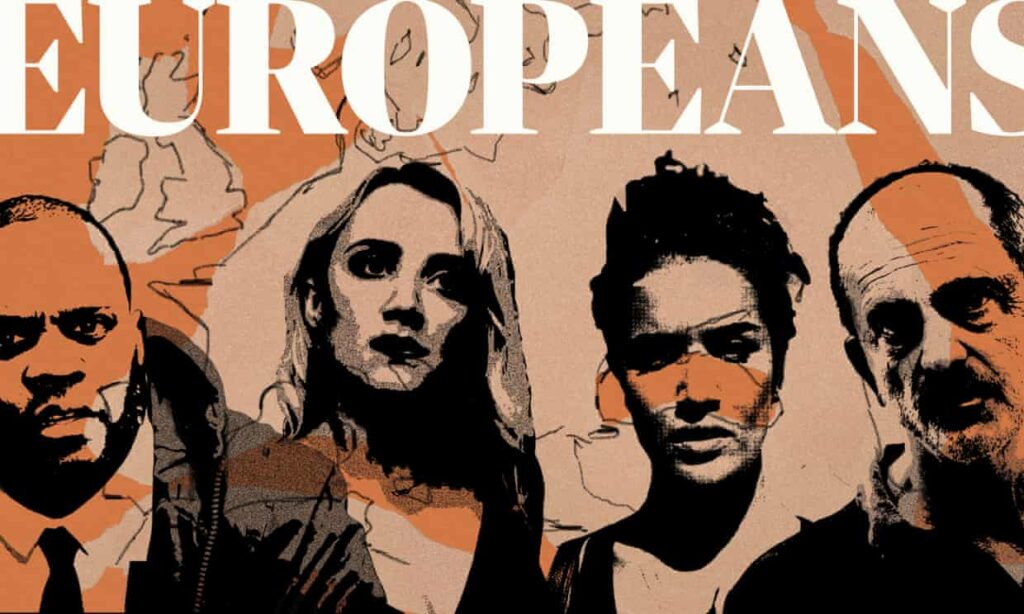
 (5 / 5)
(5 / 5)
If you, like me, are tired of the formulaic plot-driven writing that saturates our screens, head for The Guardian channel on YouTube. There you will find Europeans, a series of seven short films with seven writers, each from a different European country: Poland, Spain, Germany, France, Sweden, UK, and Ireland. The Guardian shows that it’s ahead of the game in producing documentaries and now drama. The writing of Europeans is fresh and original. The format allows the films to go beyond the demands of TV, where short films have no presence, and crucially the constraints of national cultural traditions.
The films are so different you wonder whether they were responding to different briefs, but that is precisely what’s good about them. They are not made to fit into a category, although all of them have a strong theatrical voice. This is partly because each film is a monologue delivered to camera exploring Europeans relationship with Europe.
The series opens with the French film One Right Answer, the most overtly political episode of the series written by Alice Zeniter and performed by Sabrina Ouazani. A young woman talks of her experience of democracy betrayed. She voted for her first time against the Treaty of Nice in the European referendum of 2005. The referendum was lost and yet the result ignored. She was against the neoliberal Europe dominated by consumerism and the free market, but little transpires as to what she believes in. Sabrina Ouazani gives credibility to the monologue, but it doesn’t go past the disillusionment with the process rather than touch on a generation’s aspirations for Europe.
Borders, the second episode comes from Poland and was written by Jakub Żulczyk and performed by Jacek Koman. It is the story of a lorry driver who has travelled Europe everywhere but has been nowhere because always on the move. Before Schengen, he travelled east and would read books during the long waits at the border. The lorry driver had to sacrifice time with his family to put food on the table. Today, he travels to Germany in a Europe that has no borders. A Europe where his son earns well and can spend time with his family.
In the UK episode, Dim Sum, written by Clint Dyer and performed by Javone Prince, a bailiff acts tough while he empties a house. It is the longest piece, which allows the monologue to be interspersed with short bursts from the people whose house is being emptied. The bailiff, a black man, presents himself as the product of British society, where people only care about themselves and trample on others to be rich. He is British and has nothing to do with Europe, though he is not blind to the deep racism that casts him and his children as outsider in their own country. The bailiff does his job with no compassion, and yet, that one time, when a pregnant woman from a European country opened the door, slightly trembling and then crying, that time left a scar. The captivating writing gives life to a rounded character. Javone Prince’s intensity makes us relive with the bailiff the memory of that encounter.
Equally dramatic is Terra Firma, the Spanish episode, written by Blanca Doménech and performed beautifully by Paula Iwasaki. A woman tells us of when she left her rural village for London only to find herself exploited in demeaning jobs. Now back home, as she walks down the streets of her village, her anger at the dehumanising economy is mixed with a feeling of guilt for betraying her roots. She looks up, to the statue of Mary during a procession, and all is forgiven. She is lifted up, away from the the everyday struggle, from the pain, and feel worthy as a human. Thus she can be true to herself.
For the German episode, Neanderthal, the writer, Marius von Mayenburg, has chosen a Neanderthal man, performed by Robert Beyer, to tell a poetic tale warning of the danger of forgetting the past. It is the story of a tribe that thought themselves stronger than others, which led to war. As he tells the tale, the setting changes from a museum, to the woods, to a theatre, just as a country and a continent change throughout history, and yet repeat the same story, that “Those who don’t want to live together, will die together.” Only in friendship there is life and the future.
Written by Jonas Jonasson, Top of the Class, the Swedish episode makes fun of the Swedish attitude of superiority saying that “We didn’t really join the EU, we rather decided they could join us.” It blames social media for reducing politics to soundbites and creating divisions. The shortest episode, it is performed well by Viktor Åkerblom, but it feels a little too underdeveloped.
The Irish Fake Tan, written by Lisa McInerney, alludes to Brexit by presenting an Irish woman splitting up from her British boyfriend. Lighter in tone, the woman, played delightfully by Evanna Lynch, is the embodiment of an Ireland that no longer needs Britain and can fit anywhere.
I was particularly touched by Dim Sum, Terra Firma, and Neanderthal, which convey complexity through elegant simplicity. They are part of a whole. The films may seem very different dramas, but you get a sense of cohesion, partly achieved by the excellent direction of Amy Hodge, who conveys the emotions in a few careful shots. This cohesion out of difference is just what Europe is, or dreams to be. Europe is not defined by the past but by a dream of the future. Europe looks to what has been to imagine what can be. It is my hope that The Guardian will now commission a series that speaks of our hopes, our dreams, our imagined future.

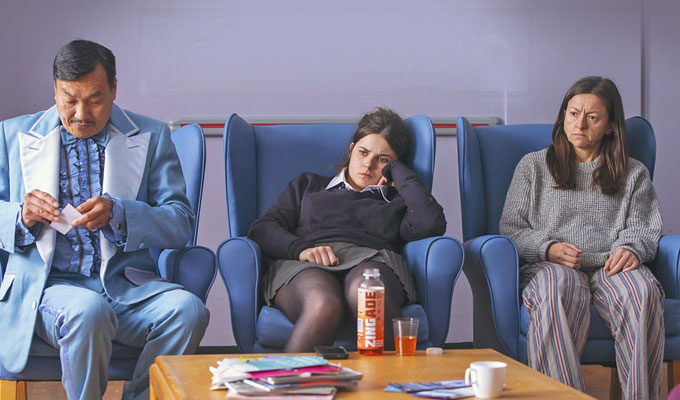
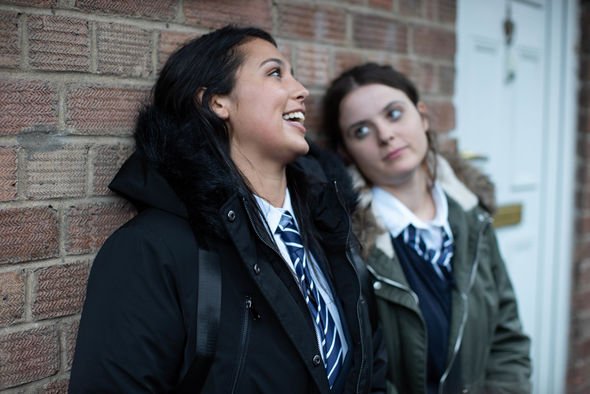
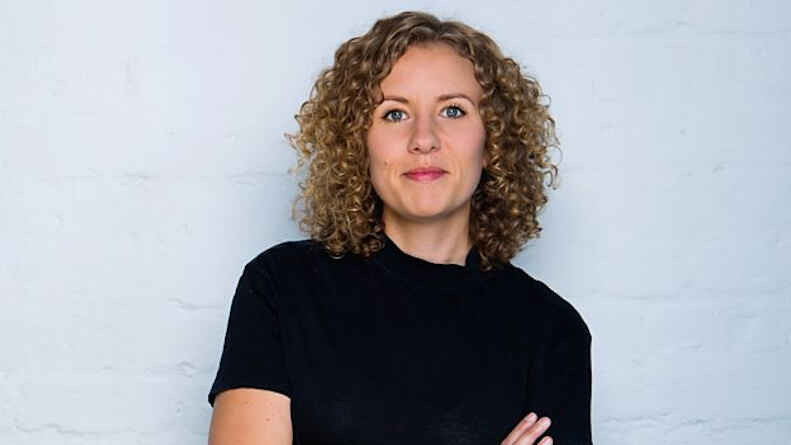
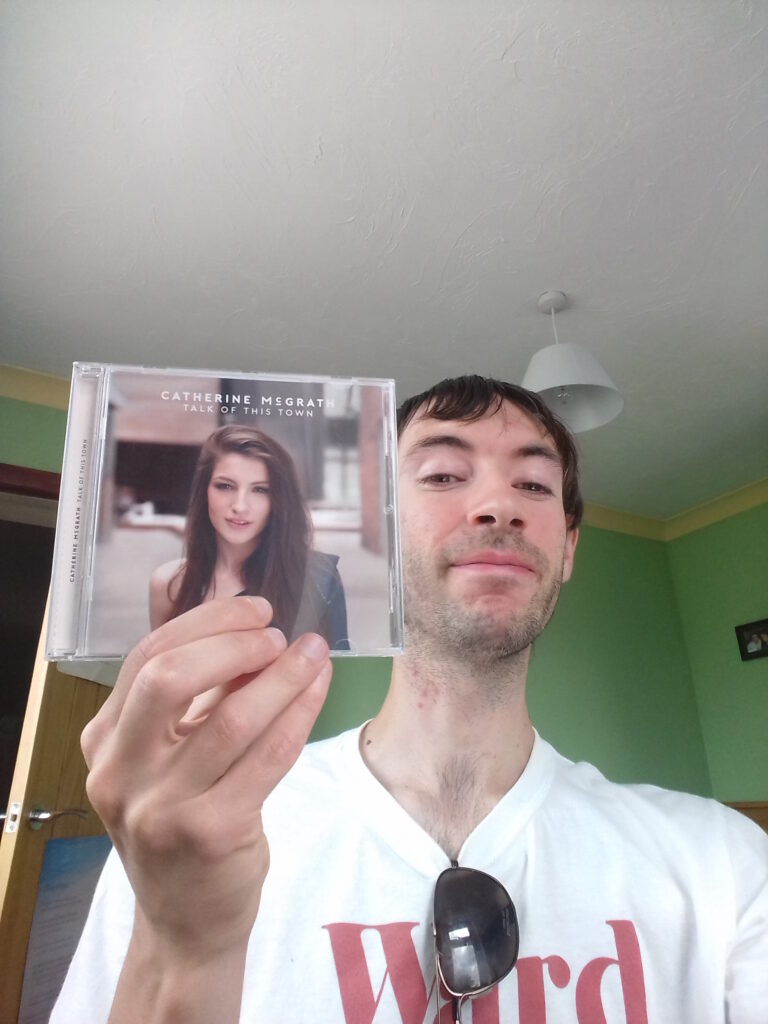
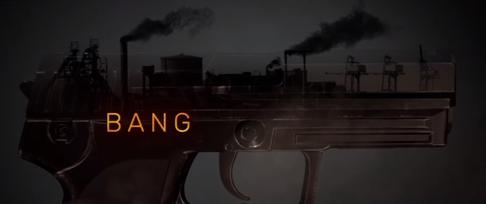
 (4 / 5)
(4 / 5)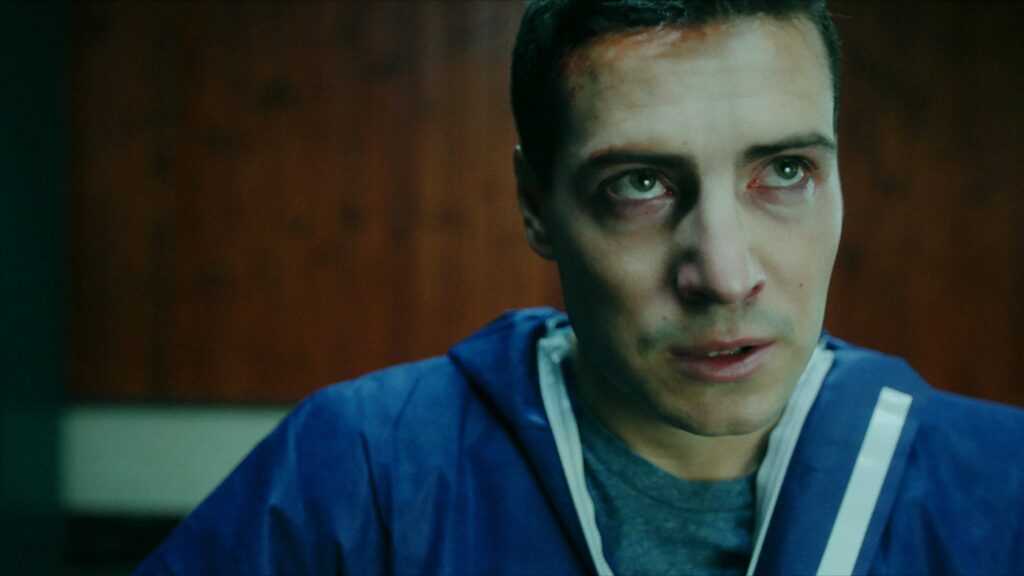
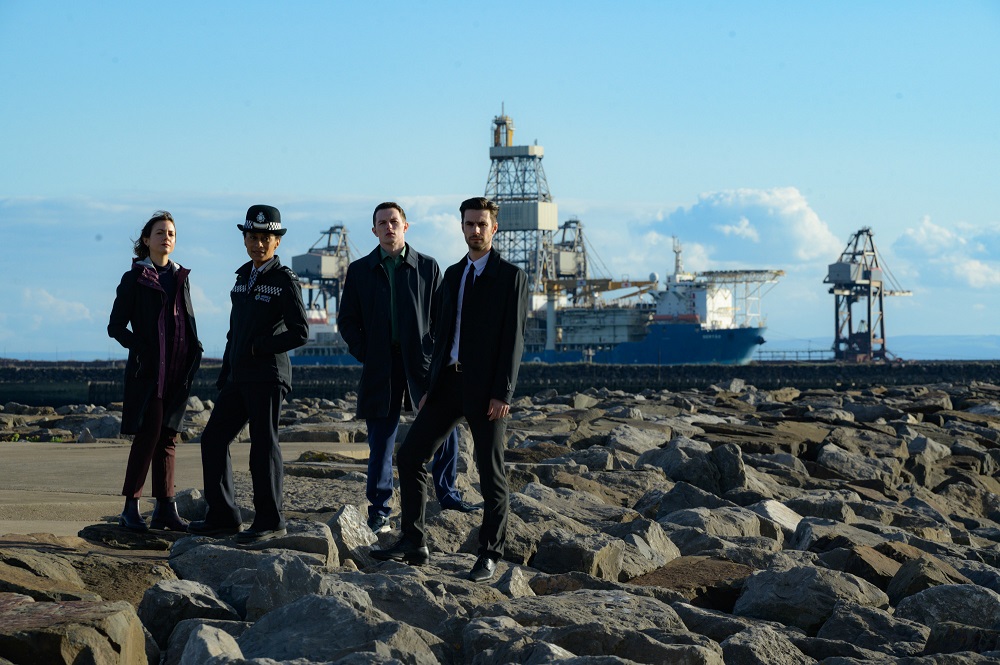
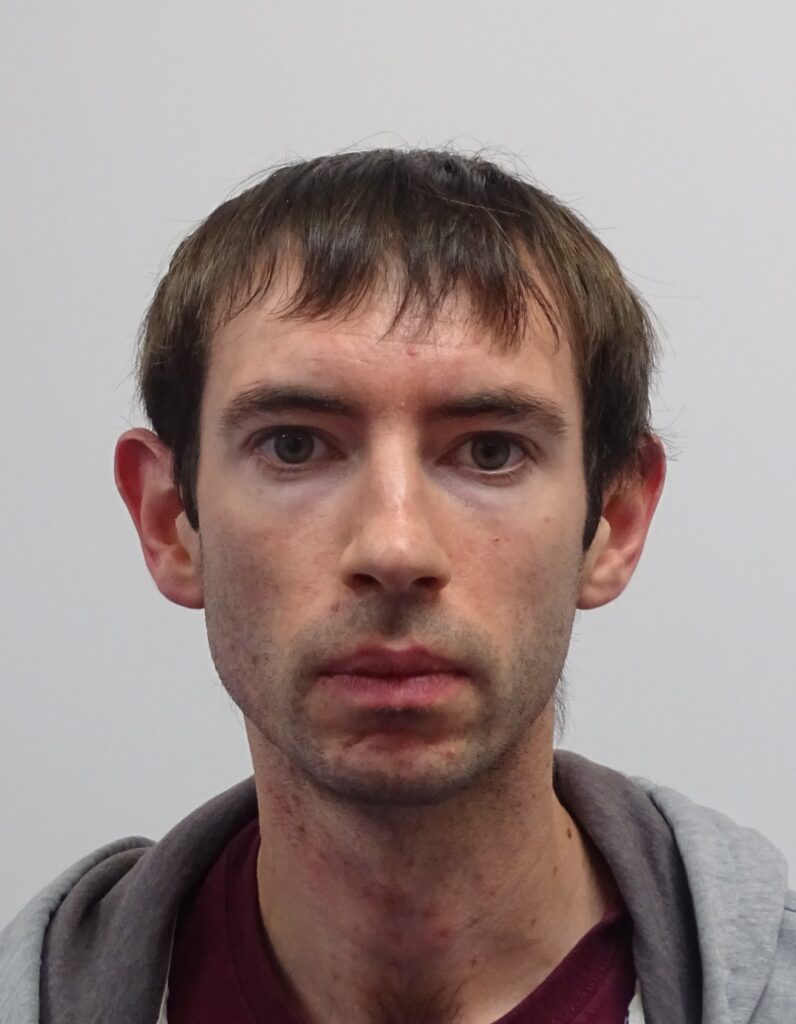

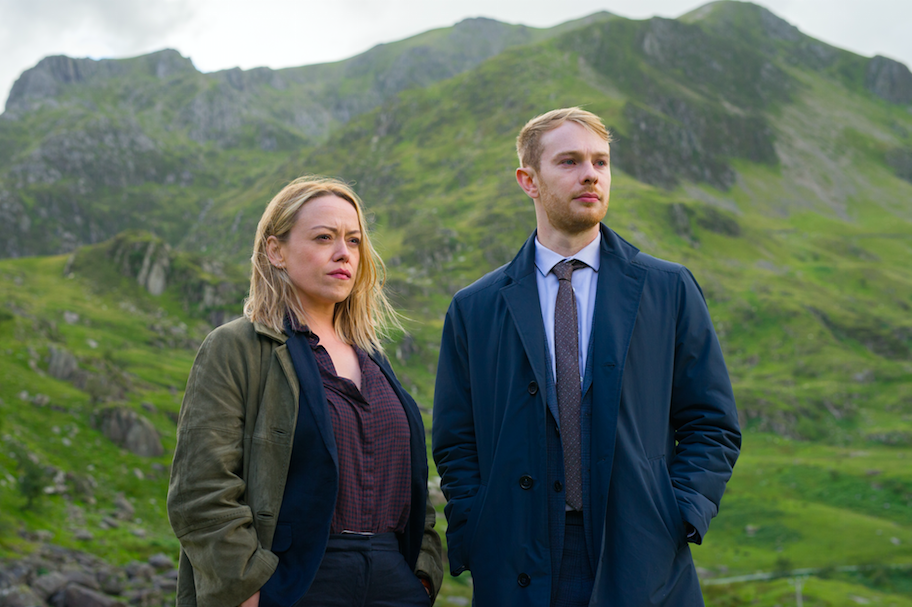
 (3 / 5)
(3 / 5)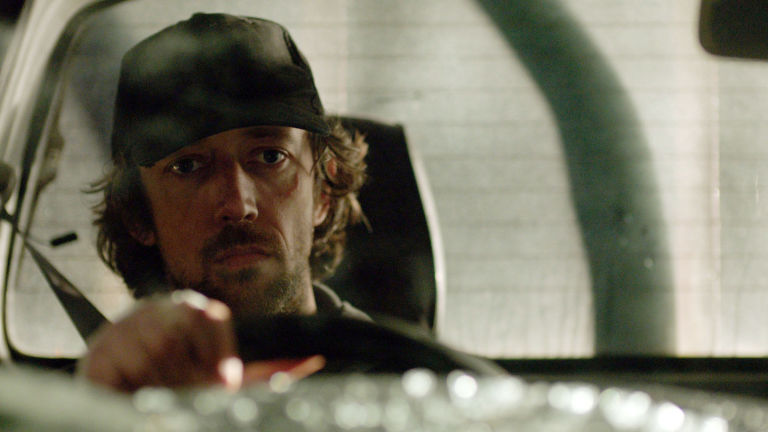
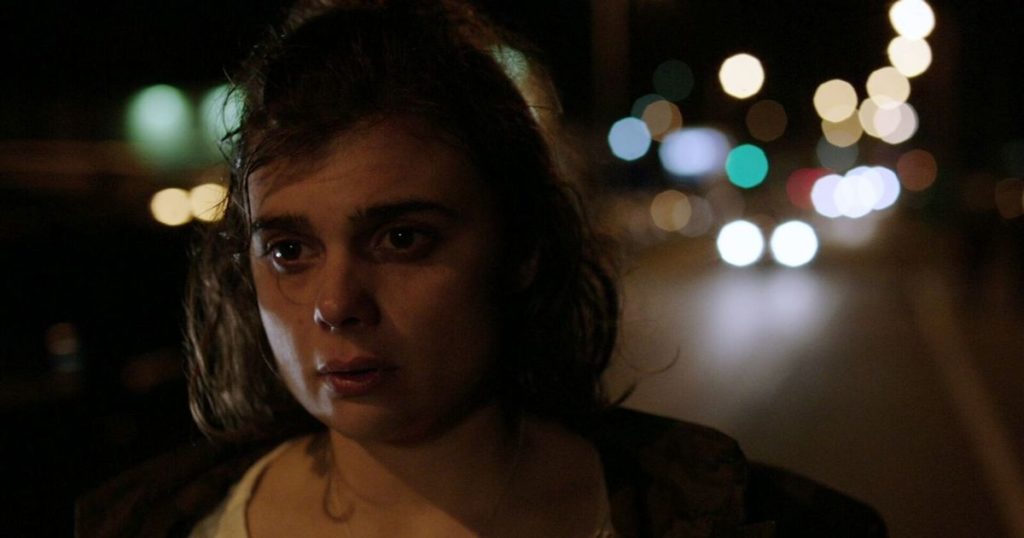

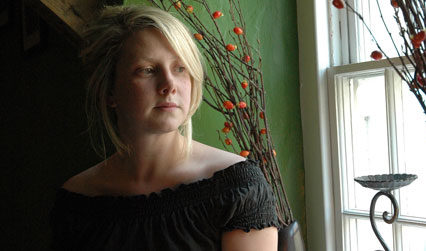
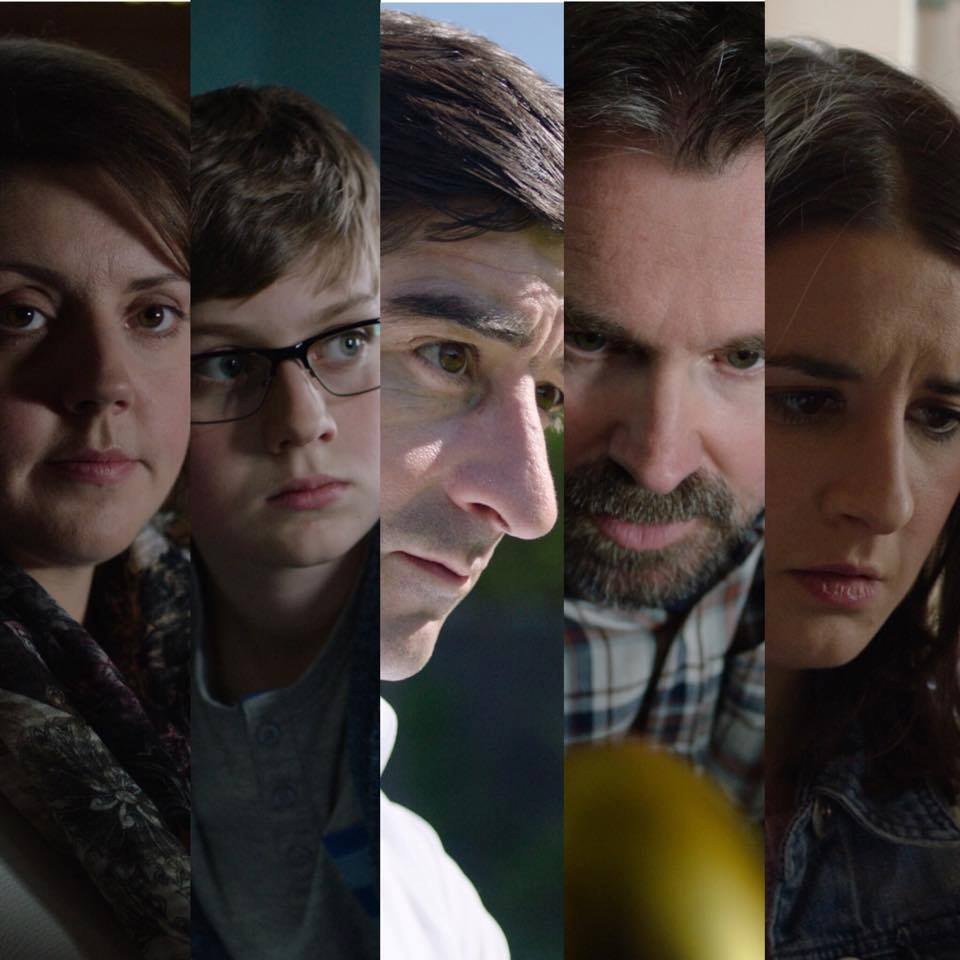
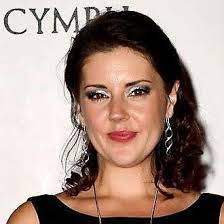
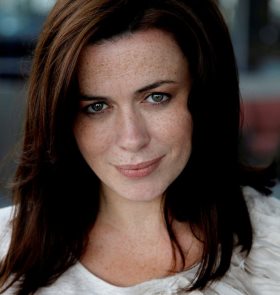



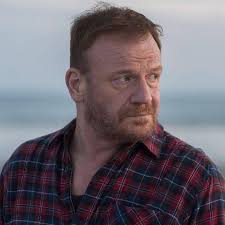
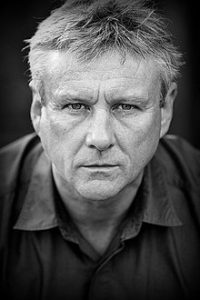
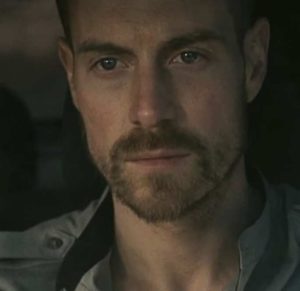
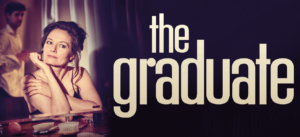
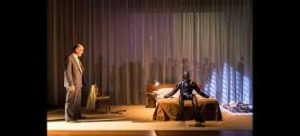
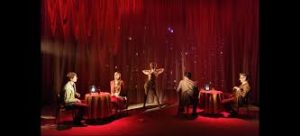
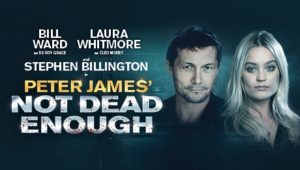
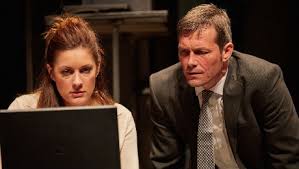
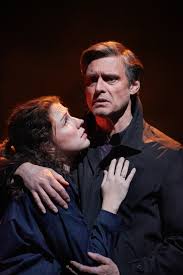
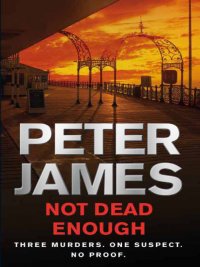

![IMG_1308[1]](http://getthechance.wales/wp-content/uploads/2016/08/IMG_13081-1-225x300.jpg)


